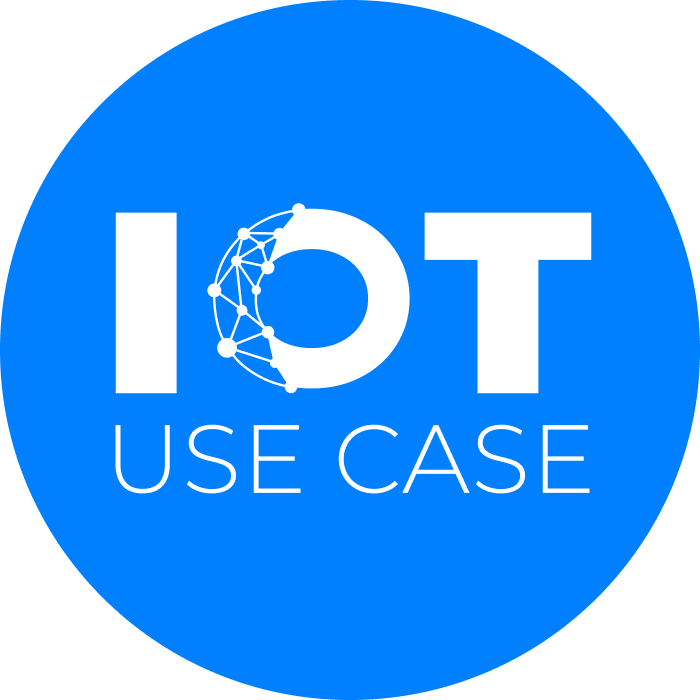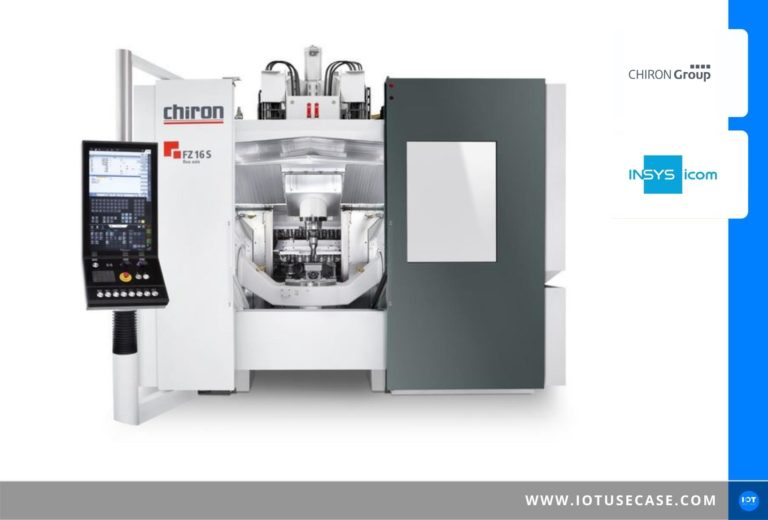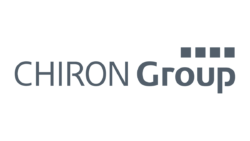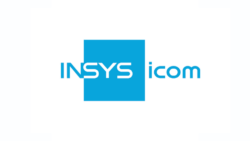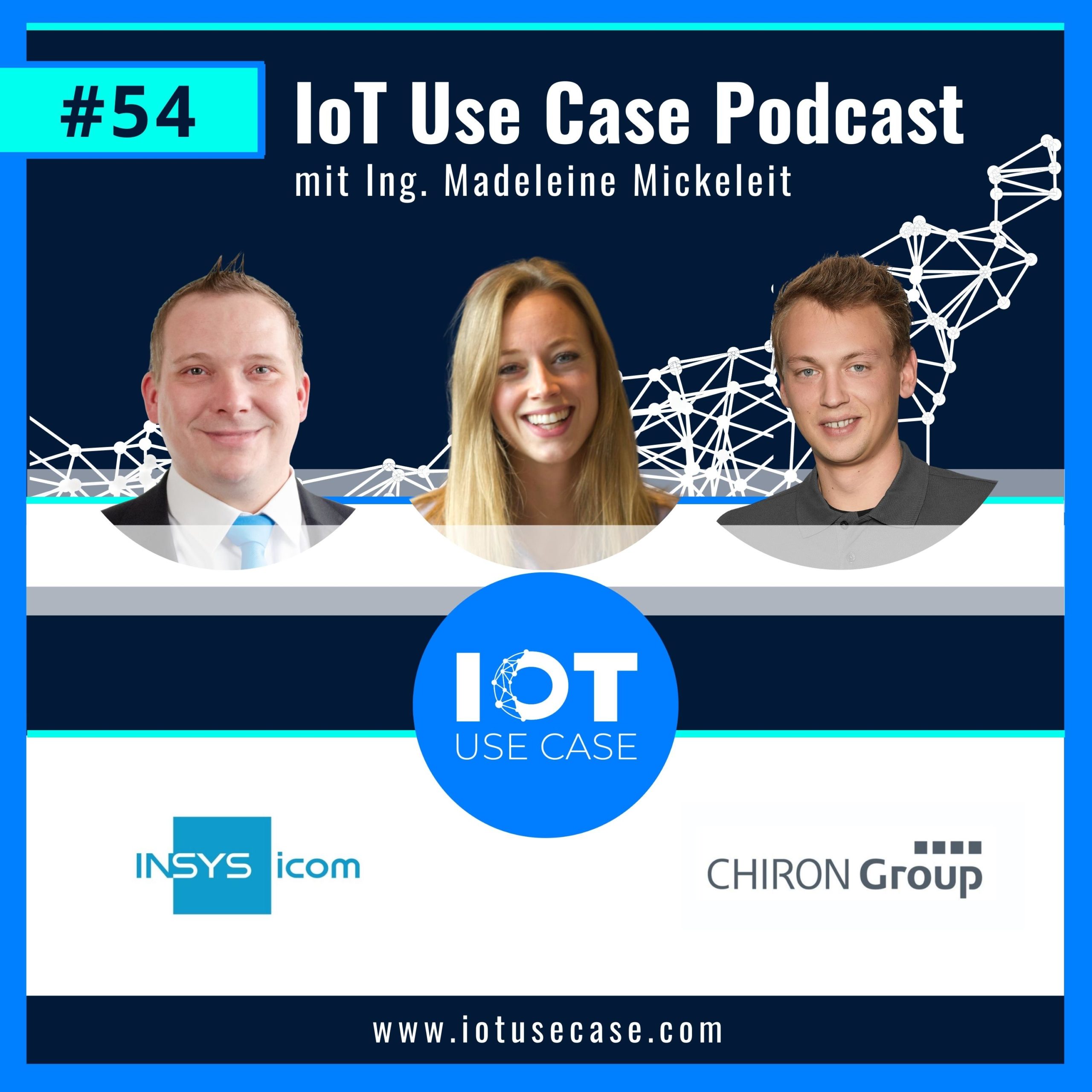Machine builders who offer a service hotline for troubleshooting want to be able to help the customer as quickly as possible. Error analysis requires a large amount of complex technical information, which in individual cases cannot be supplied by the customer in the required depth. An on-site analysis is costly and usually not economical.
The challenge: How do I exchange machine-related data with my customer quickly and securely?
The CHIRON Group, based in Tuttlingen, Germany, is a specialist for CNC-controlled vertical milling machines, mill-turn machining centers, and turnkey manufacturing solutions. Key customer industries are the automotive industry, general mechanical engineering, medical and precision engineering, but also aerospace and tool manufacturing. In the area of service offers, the CHIRON Group has the aspiration to be as close as possible to the customer and to increase their system availability. For the machine builder, this includes being able to respond specifically and quickly to every customer request for troubleshooting.
This is the classic service case: the customer calls the hotline and describes their problem. In this conversation, both sides are confronted with very complex technical issues. Even at this point, comprehension problems can arise because the hotline employee often needs information for his diagnosis that the user does not automatically think of and therefore rarely has completely at hand. Very important, for example, are the error messages that the machine outputs. In the reactive field of troubleshooting, this is the most interesting data. These error messages can be very specific and usually have numbers, contain texts and other specific parameters. Sometimes the customer has to take a picture of the screen on which the error message is displayed and send it to the service department. Occasionally, a data backup of the control is also required or the name of the machining program used. Further hurdles are often language barriers, because the CHIRON Group operates globally. So many challenges come together for hotline service.
The solution: Secure remote access through data exchange via VPN
The solution was for CHIRON Group to make the customer’s machines accessible to themselves via VPN and to exchange all this data easily and securely with the customer through remote access. A VPN, a virtual private network, is essentially about connecting the customer network (or directly the corresponding machine in it) with the provider network in such a way that direct data exchange is possible. Since the Internet is generally used as the transmitter for this connection, but foreign access to the data streams from the customer to the provider and back is to be prevented for security reasons, the data flow is encrypted. This is why a VPN is also referred to as a tunnel, which brings data securely through the Internet.
This solution was implemented by INSYS icom, a premium manufacturer for routers and gateways made in Germany, which offers complete solutions for IIoT projects – i.e. data communication with security solution as a total service. This addresses all industries, from mechanical engineering to renewable energies or smart city approaches. In doing so, INSYS icom often works together with large system houses or specialized solution partners. In principle, the implementation of the solution is very simple: A router or gateway is required, tailored to the respective requirement. A router is a device that forwards IP packets from one network to another network. A gateway, in turn, is a router that enables access to IP packets from a local area network (LAN).
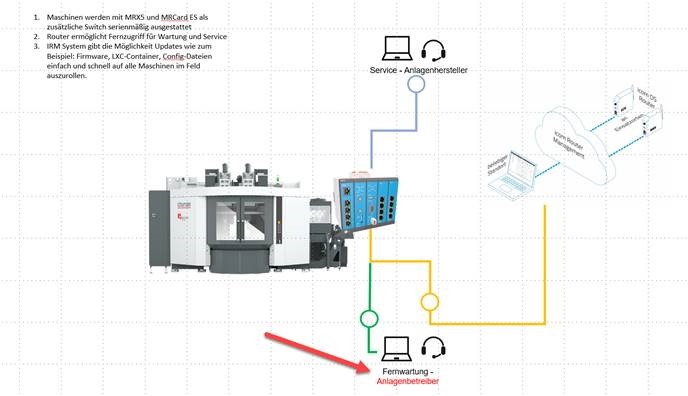
At the CHIRON Group, the smart MRX 5 was used, which is permanently installed in each of the machines. By default, it then gets a fixed IP address in each case. The access data for this is stored in the higher-level system. After registering with the icom Connectivity Suite – VPN, i.e. the VPN service of INSYS icom, the customer can dial into the network with the affected machine so that the machine becomes visible and accessible for the service employee. This solution is designed to be manufacturer-independent. This is a very important point, because there are usually many different machines from different manufacturers with different control systems in one in the same plant. The same connection technology can be installed on all of them. The CHIRON Group was thus always able to use the same procedure for handling service cases.
No special skilled personnel are required for this procedure. INSYS icom supports with its know-how and assists the project partner in all questions of setup and commissioning. IT security policies are becoming increasingly stringent, and for good reason. The companies are taking individual approaches to this. Setting up such a solution almost always requires active collaboration with the service customers’ IT department. However, for some larger companies, IT regulations are so strict that no VPN connection is possible.
The result: New service models and fast response times
With RemoteLine and the EfficiencyServices based on it, the CHIRON Group offers the reactive service, in which an employee remotely accesses the machine to carry out a problem analysis and, if necessary, also actively intervene. With the VPN solution, the CHIRON Group also offers ConditionServices. This digital service enables condition-based, individual maintenance management for increased machine availability at plannable costs. The replacement of wear parts is planned according to actual wear and not according to fixed maintenance intervals. This is done via measurements at the control level, which are used to determine wear limits. In this way, it is possible to deduce whether one has reached the wear limit or when this will be the case. This offers the advantage that there are no unexpected downtimes and appropriate repairs can be planned and addressed preventively, saving production downtime.

With VPN technology, the IIoT also enables new business models, such as the “pay-per-use” model, in which machines are no longer sold but rented out and billing is based on actual usage. This usage data can be exchanged via VPN.
